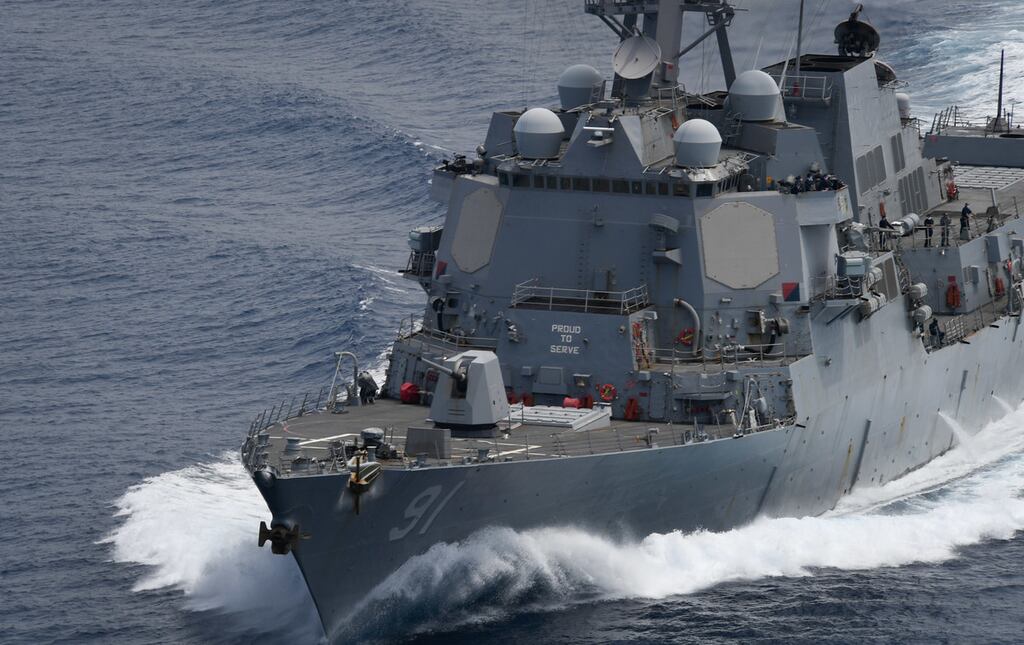
By: Jonas Figueredo
Questions are emerging as displays of power raise new concerns about the future of U.S.–Venezuelan relations. On Tuesday, September 4th, the U.S. government attacked a vessel in the Caribbean Sea, killing eleven people. The strike was part of a counter-narcotics campaign aimed at the Venezuelan cartel “Cartel de los Soles.” The following Thursday, two Venezuelan fighter jets buzzed overhead a U.S. Navy destroyer in the region as a show of force. In response, the U.S. has since sent multiple Navy ships and destroyers to the Caribbean, along with stealth fighter planes to Puerto Rico. Now, many are confused as to what this all means and what might come next.
Venezuelan socialist leader, Nicolás Maduro, has issued a call to arms, invoking songs of war, and encouraging the Venezuelan militia to prepare. Venezuelan public opinion views the attack and the additional U.S. military action, including the deployment of 2,000 Marines, as bordering an invasion and grounds for war. Maduro has condemned the attack, vowing that “Venezuela will demand respect,” and has mobilized the Venezuelan militia.
The Trump administration has expressed its desire to end cartel activity originating from Latin America, and has set its sights on the Venezuelan cartel, which Maduro has been accused of aiding, defending, and leading. By attacking the speedboat carrying Venezuelan smugglers, Trump may have been signaling, some believe, both the beginning of a war and the potential end of Maduro’s presidency.
Nonetheless, according to the Trump administration, this event was less a show of force and more so a legitimate step in the “war on drugs,” which has left many observers nervous. Juan Cruz, one of Trump’s Latin American advisors, claimed that what the U.S. has done is nowhere near enough to be considered an invasion. Many view the reaction as an overstatement. Some experts argue the actions are orchestrated to topple Maduro’s presidency, while others insist this is a simple opportunity for the U.S. to flex their “military muscle” and engage in “Gun Boat” diplomacy.
The “Gunboat Diplomacy” theory draws support from history, recalling 1989 when the U.S. invaded Panama and deposed Manuel Noriega, the country’s then-military leader, who was later indicted for drug trafficking. For many, history seems poised to repeat itself.
It remains possible that Trump intends a similar outcome in Venezuela and is moving towards that possibility. However, it is equally possible that this was simply another military gesture by the Trump administration, taken as a preventative measure. Whatever the intentions may have been, Venezuela and Maduro are on edge, resulting in increased tensions between the two nations. For now, Venezuela could respond with another show of force. Until then, the U.S. appears committed to continuing its hunt for cartels and cartel members in Venezuela and across Latin America, keeping Trump’s promise to fight the war on drugs.




